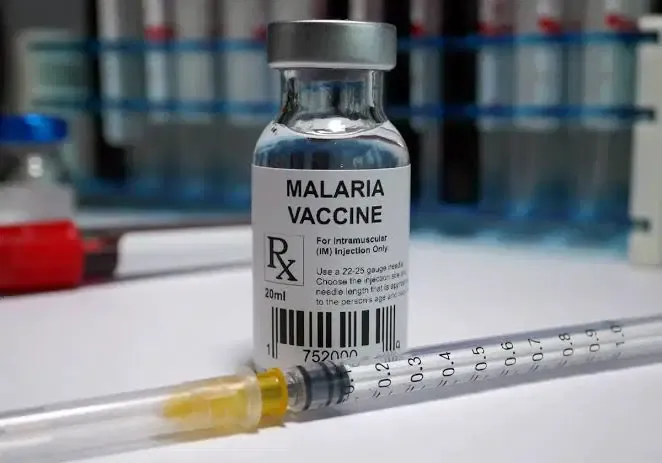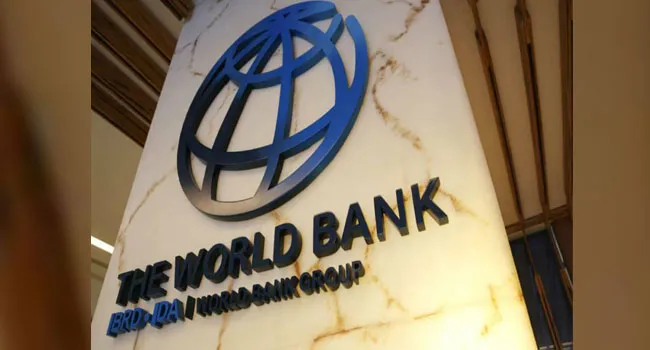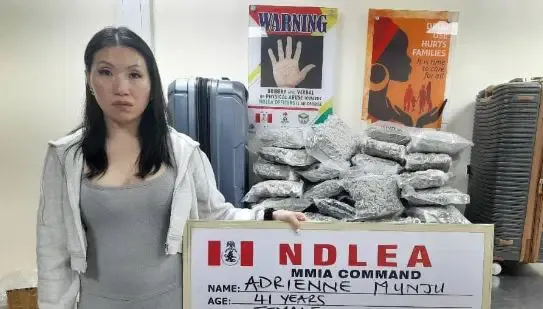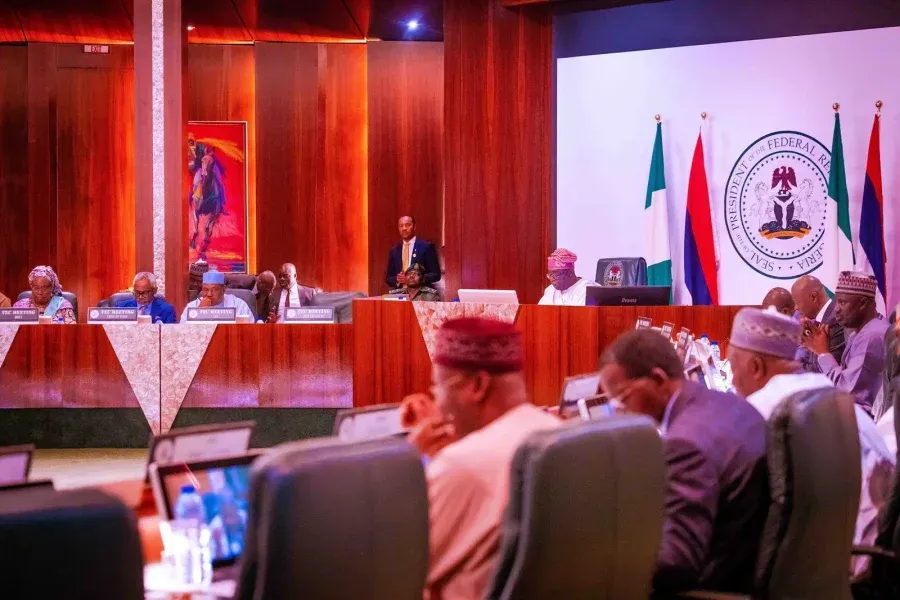Nigeria has received 846,000 doses of the RTS,S/AS01 (Mosquirix) malaria vaccine to help combat the country’s high incidence of malaria, especially among vulnerable groups like children. This development, announced by Prof. Muhammad Pate, Coordinating Minister of Health and Social Welfare, took place during an event in Abuja on Thursday. The vaccines are expected to play a critical role in reducing malaria-related deaths across Nigeria.
Nigeria is the third African country to introduce the malaria vaccine, following Ghana and Kenya, which began using it in 2023. The vaccine has proven effective in large clinical trials, reducing malaria cases and mortality, especially in young children.
Malaria affects 97% of Nigeria’s population, with transmission occurring year-round in southern regions and lasting up to three months in the north. The country’s primary malaria vectors include Anopheles coluzzii and Anopheles gambiae, with Anopheles funestus playing a secondary role.
The vaccine’s arrival comes as Nigeria intensifies efforts under its National Malaria Strategic Plan (NMSP) 2021–2025 to lower malaria deaths. The initial rollout will prioritize regions with the highest malaria burden, focusing on rural areas with limited healthcare access. Bayelsa and Kebbi, chosen for their high malaria incidence and logistical challenges, will be the first states to receive the vaccine.
Global health partners, including WHO, UNICEF, Gavi, and USAID, are providing technical and financial support to scale up the vaccine nationwide. Recent upgrades to Nigeria’s cold chain infrastructure ensure the safe distribution of vaccines, even to remote communities.
UNICEF’s Chief of Health in Nigeria, Dr. Eduardo Celades, highlighted the increased storage capacity in the country, stating that recent cold store expansions will ensure the vaccines remain potent. WHO’s Nigeria representative, Dr. Walter Mulombo, expressed optimism about the vaccine’s potential to reduce malaria’s burden, emphasizing that its combination with other preventive measures could lead to a malaria-free Africa.
National Coordinator of the National Malaria Elimination Programme, Prof. Gbenga Mokuolu, praised the vaccine as a “game-changer” but stressed the need for continued investments in healthcare infrastructure and education to maximize its impact.





